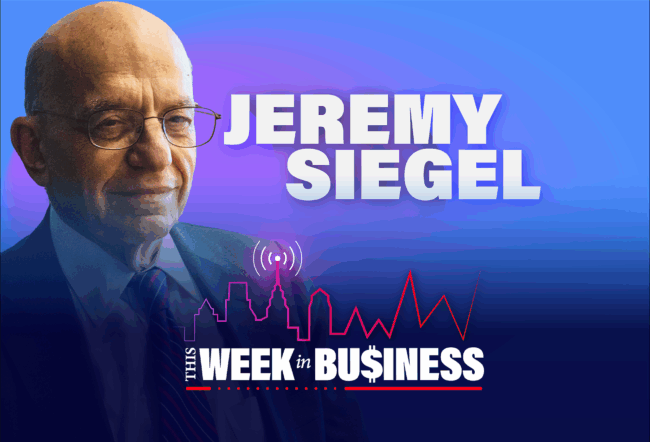 Fifteen working weeks. That’s how long World Trade Organization (WTO) director-general Pascal Lamy wants to give trade negotiators to thrash out a new package of global reforms. To the uninitiated, that might not seem long. But it will be 10 years this November that the journey began. The so-called Doha Development Agenda has been deadlocked for longer than many of its negotiators care to remember, failing to come anywhere near the twin goals of promoting the economic growth and improved living standards globally that the WTO’s 153 member countries wanted it to achieve.
Fifteen working weeks. That’s how long World Trade Organization (WTO) director-general Pascal Lamy wants to give trade negotiators to thrash out a new package of global reforms. To the uninitiated, that might not seem long. But it will be 10 years this November that the journey began. The so-called Doha Development Agenda has been deadlocked for longer than many of its negotiators care to remember, failing to come anywhere near the twin goals of promoting the economic growth and improved living standards globally that the WTO’s 153 member countries wanted it to achieve.
On May 31, Lamy unveiled a “Plan B” — a multi-speed strategy, which will first aim to “fast track” agreements this year in areas, such as cotton, affecting the WTO’s least-developed country members. Issues left in the “slow lane,” including agriculture and non-agricultural market access, will be discussed after a high-level gathering in Geneva in December. The director-general was to unveil more specifics about the plan this week. But Lamy postponed a meeting of the Doha Round’s supervisory Trade Negotiations Committee that had been scheduled for today, saying that negotiators and their member governments needed more time to consult with one another.
Lamy warned members in a speech on May 31 that “presenting lengthy lists of demands and insisting on all of them will not help us to move forward…. There is precious little time if we are to deliver by the WTO ministerial conference [in December]. It is time we roll up our sleeves and restart working – that is, negotiating.” But is Lamy’s “Doha Lite” too little too late, as a Reuters article suggests?
Perhaps, but for now, many observers are heaving a collective sigh of relief. “At long last, there’s some movement of a kind on the Doha Round,” says Simon J. Evenett, an international trade professor at University St. Gallen in Switzerland. He and other trade experts point out that WTO members had crafted a rigid negotiating agenda, which is increasingly impossible — and too costly — to deliver, with negotiators unhappy at the prospect of locking their countries into a system that forces them to grant more concessions than they receive. But as was “crystal clear” from comments at various summits in May, Evenett notes, “Major trading powers have concluded that Plan A for Doha won’t work — certainly not for this year.”
Evenett has spent recent months canvassing trade experts and gathering the views of a range of global officials for a new e-book he co-edited titled, Next Steps: Getting Past the Doha Round Crisis. He says that while not everyone in the book agrees about what the next steps need to be, no one wants to scrap Doha if there’s a chance that WTO members can build on the work of the past 10 years.
“Bringing the Doha round to a robust conclusion appears to be a hopeless task,” adds Stephen J. Kobrin, a multinational management professor at Wharton. “I would be in favor of a more limited agreement, assuming that whatever was agreed to was meaningful and that it could be achieved with a reasonable effort.”
One thing hampering that effort, however, is that the world has moved on, according to Kobrin. “The structure of the international economy and the international political system has changed significantly since the round began,” he notes. “We have moved from a unipolar world order dominated by the U.S. after the fall of the [Berlin Wall in 1989] to a multipolar order with a much larger number of significant economic powers and political actors and with no clear center.”
Another barrier is simply the nature of global economic development. “Many of the newer powers are at very different stages of economic development, and have different objectives and even different political-economic philosophies than the more established Western democracies,” says Kobrin. “All of that tends to increase disorder in the system and makes any broad-based multilateral agreement much more difficult to achieve. We will face difficulties in any broad-scale multilateral negotiations until a system of governance evolves that is both effective and consistent with the structural changes in the world order.”
“Recognizing that the bigger Doha deal can’t be done in 2011 doesn’t mean that a smaller package can,” Evenett notes. “The smaller package mustn’t be so limited as to fail the ‘laugh test.’ Still, sustaining momentum for a smaller package will be a key challenge as some will be tempted to walk away. We’ll know in less than a month whether a small package will fly.”



